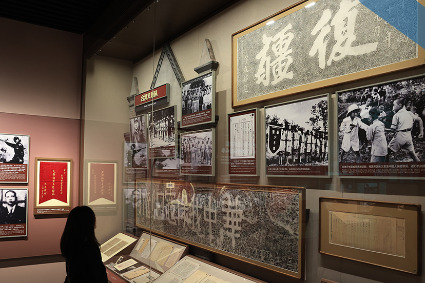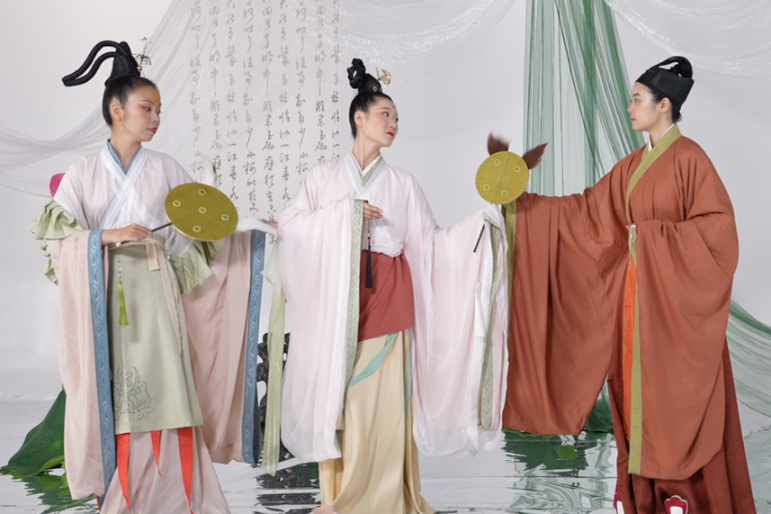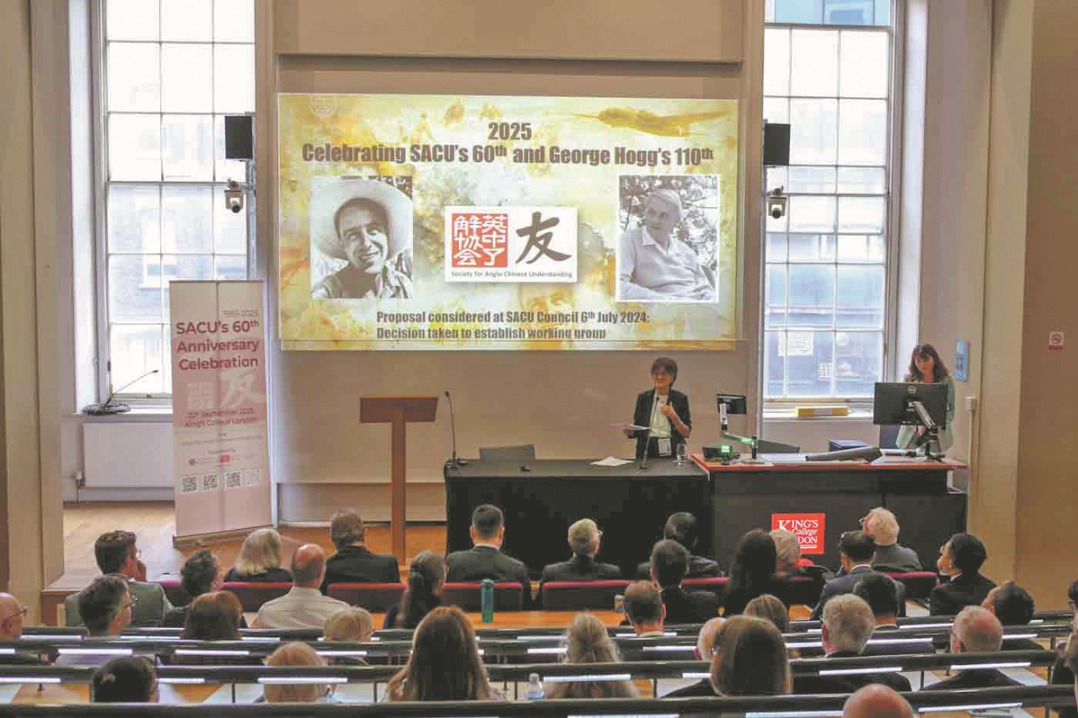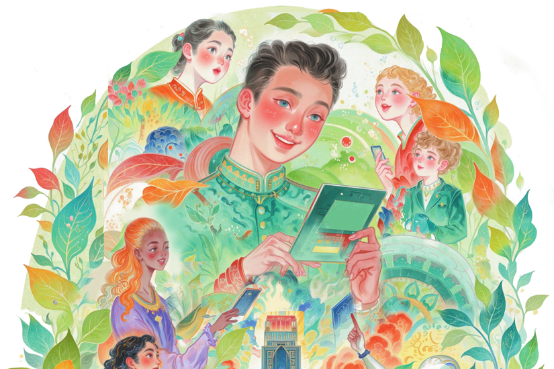Where the hidden lotus blooms: Motuo's journey of transformation


Hidden deep in the mountains of Xizang lies Motuo, a county whose name means "flower". For centuries it was known as the "hidden lotus," not for its beauty alone, but for its isolation as well. Just a decade ago, Motuo was not accessible by highway. Everything, including rice, salt and medicine, had to be carried on the backs of porters, or strapped to mules trudging over icy passes. Life was hard.
In 2013, the Bomi-Motuo Highway linked the county to the outside world, however, three years later, one in four residents still lived below the poverty line. Simple needs like seeing a doctor, sending children to school, turning on a light, or drinking clean water were daily struggles.
In 2022, the Paizhen-Motuo Highway cut the journey to Linzhi almost in half. "When the road opens, the mind opens too," locals said of the impact the new highway had. With transport secured, possibilities once unthinkable suddenly became attainable.
Motuo turned to the resources it knew best: a diverse landscape, clear waters, and its unique climate. Tourism blossomed. Visitor numbers surged from fewer than 20,000 in 2012, to more than 400,000 in 2023, generating over 270 million yuan in revenue.
The tea industry also thrived. What began as a trial planting in 2012 has evolved into about 1,270 hectares of organic tea gardens, where farmers experiment with relay intercropping of tea and loquat to enhance yields. New schools were built, featuring bright new classrooms and multimedia equipment; clinics gained doctors and secured supplies; children and the elderly alike found life steadily improving.
By 2019, all residents in Motuo had been lifted from poverty. By 2023, rural per capita disposable income had exceeded 23,000 yuan, with some families earning more than 100,000 yuan. Once absent from the digital world, Motuo is now covered by 4G and 5G mobile networks. The county is connected to the national power grid, and tap water reaches every household. Daily life, once marked by scarcity and poverty, is now filled with comfort and hope.
Motuo's journey is more than local progress; it is a portrait of Xizang's broader transformation. Take a walk down Beijing Street or Guangdong Avenue in Lhasa, and you'll notice that many streets bear the names of faraway provinces and cities. These are not coincidences, but reminders of nationwide paired-up assistance that began in 1994.
To help Xizang overcome the challenges of high altitude and harsh natural conditions, provinces, cities, government departments, and enterprises from other parts of the country were paired with local counties. They sent cadres, specialists and launched projects, weaving bonds of unity across thousands of kilometers.
In the three decades since, more than 14,000 professionals have come to work side by side with the local people. Over the last five years alone, 229 projects worth over 4 billion yuan have boosted Xizang's agriculture, clean energy, animal husbandry, and tourism.
The guiding principle has remained simple yet powerful: development must translate into better lives.
That vision is perhaps most visible in classrooms and hospitals. Since 2015, teams of teachers and doctors have been sent to Xizang, bringing fresh vitality and expertise to the region. Today, students in remote towns can join live-streamed lessons with peers in Shanghai, while young doctors can learn advanced surgical techniques from Beijing experts.
The region's transformation is also green. In Rikaze, home to the Mount Qomolangma Base Camp and the Tashilhunpo Monastery, cadres on secondment from Shandong Province led a large-scale afforestation campaign. Seventeen years, three million trees, and 100 kilometers of irrigation pipelines later, sandstorms have been tamed and a 28,000-hectare ecological zone now flourishes.
The assistance Xizang received also helps it to build self-reliance. The traditional crafting techniques of pulu, a Tibetan woolen textile handed down through the ages, have been revitalized with the help from a Shanghai company. Under the brand Sandriver, these fabrics have hit the runways of Paris Fashion Week, proving that heritage and modern markets can thrive together.
However, the story is not yet over. Last July, more than 2,000 members of the 11th paired-up assistance program arrived, ready to take up the baton passed down from their predecessors. As a Xizang proverb says, "Mountains bend rivers, yet humans bend mountains".
Atop the roof of the world, Xizang is charting a future where development, ecology, and cultural vitality advance together — an enduring lesson in how roads, assistance and vision can polish even the roughest stone into a brilliant gem.
Yi Fan is a Beijing-based political commentator. The views don't necessarily reflect those of China Daily.
If you have a specific expertise, or would like to share your thought about our stories, then send us your writings at opinion@chinadaily.com.cn, and comment@chinadaily.com.cn.

































